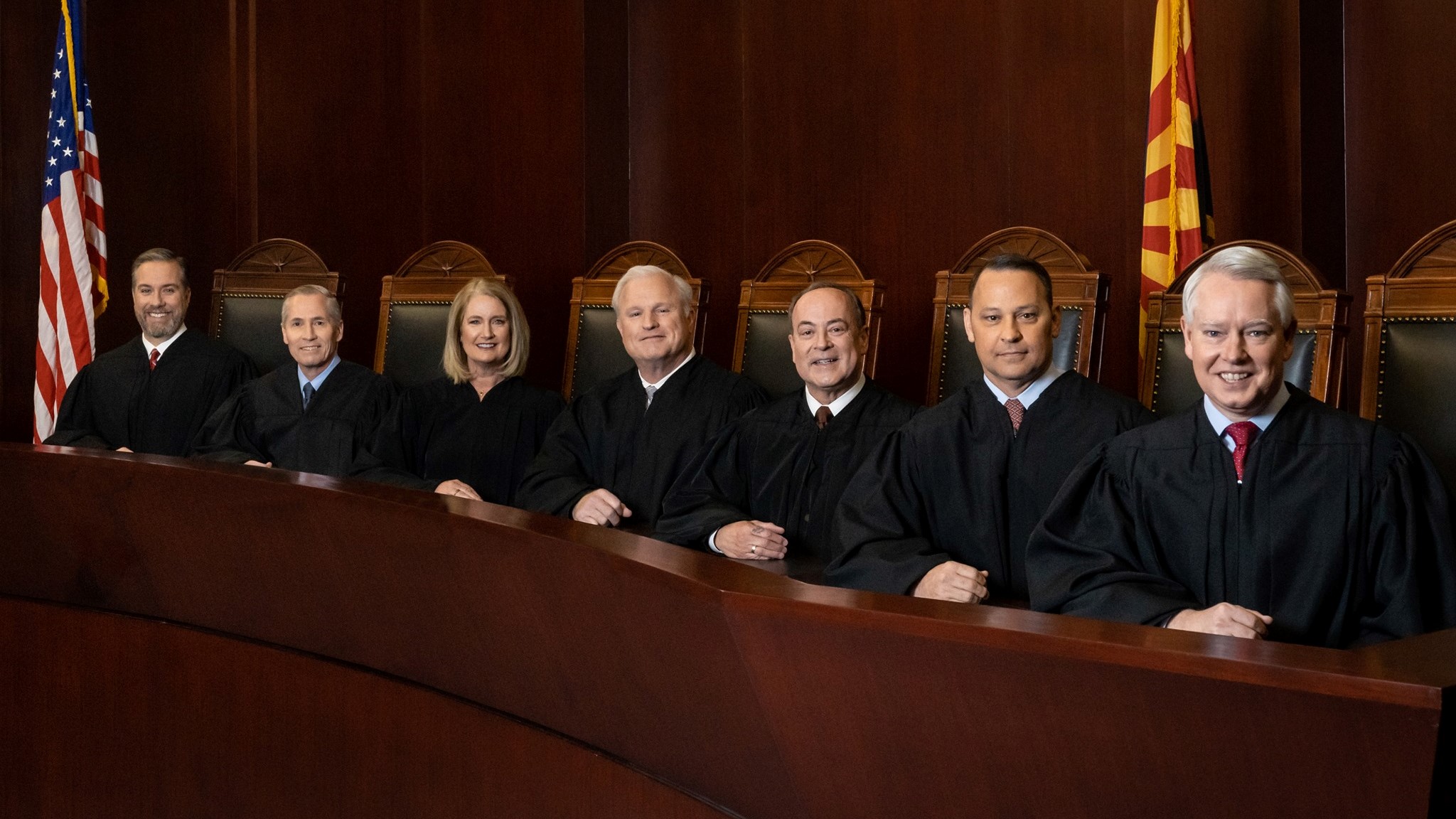The two-page order last week from the Arizona Supreme Court reads as pedestrian as any routine court order, but its impact is sure to be game changing for the practice of law and access to justice.
The court’s order, issued Aug. 27, eliminates the ban on nonlawyers having economic interests in law firms and the prohibition on sharing legal fees among nonlawyers and lawyers.
The move makes Arizona the first state to completely eliminate Rule 5.4 of the Rules of Professional Conduct.
The order also approves the licensing of nonlawyers as “legal paraprofessionals” with authority to provide limited legal services to the public, including representing clients in court.
While the order, which takes effect on Jan. 1, 2021, gave little hint of its significance, the court was less reserved in its statement announcing the order, describing its move as making “far-reaching changes that could transform the public’s access to legal services.”
In that same statement, Arizona Supreme Court Chief Justice Robert Brutinel said:
“The Court’s goal is to improve access to justice and to encourage innovation in the delivery of legal services. The work of the task force adopted by the Court will make it possible for more people to access affordable legal services and for more individuals and families to get legal advice and help. These new rules will promote business innovation in providing legal services at affordable prices.”
The task force to which he referred is the Task Force on the Delivery of Legal Services, which last October issued its report calling for fundamental changes in the regulation of legal services.
With regard to eliminating the ban that prohibits lawyers and nonlawyers from co-owning businesses that engage in the practice of law, the task force said that the ban “was not rooted in protecting the public but in economic protectionism.”
“The legal profession cannot continue to pretend that lawyers operate in a vacuum, surrounded and aided only by other lawyers or that lawyers practice law in a hierarchy in which only lawyers should be owners,” the report said. “Nonlawyers are instrumental in helping lawyers deliver legal services, and they bring valuable skills to the table.”
Follows Changes in Utah
The Arizona Supreme Court’s order comes just two weeks after the Utah Supreme Court approved sweeping changes in legal services regulation in that state.
Utah’s move created a two-year pilot of a regulatory sandbox — a regulatory body under the oversight of the Supreme Court, to be called the Office of Legal Services Innovation, whose charge is to license and oversee new forms of legal providers and services.
The Utah court said that these changes will enable individuals and entities to explore creative ways to safely allow lawyers and non-lawyers to practice law and to reduce constraints on how lawyers market and promote their services.
In providing a sandbox for non-traditional legal services providers, the Utah pilot includes entities with non-lawyer investment or ownership. But it does not eliminate the ban on nonlawyer ownership outside the context of the sandbox.
Arizona Order Goes Further
The Arizona order goes further, completely eliminating professional conduct rule 5.4, the rule that bars nonlawyers from sharing in legal fees or having an economic interest in a law firm. It creates a new class of authorized practitioners, “alternative business structures,” that would have to be licensed by the court.
With regard to the new licensing scheme for legal paraprofessionals (which the task force had referred to as limited license legal technicians), the court said that they would be “the legal system’s equivalent of a nurse practitioner in the medical field.”
To become an LP, one would have to meet education and experience requirements, pass a professional abilities examination, and pass a character and fitness process. LPs will be affiliate members of the state bar and subject to the same ethical rules and discipline process as lawyers.
“A sentiment driving the task force responsible for proposing the rule changes was that lawyers have an ethical obligation to assure that legal services are available to the public and that if the rules stand in the way of making those services available, the rules should change,” the court’s statement said. “At the same time, the changes must maintain the professional independence of lawyers and protect the public from unethical and unprofessional conduct.”
 Robert Ambrogi Blog
Robert Ambrogi Blog